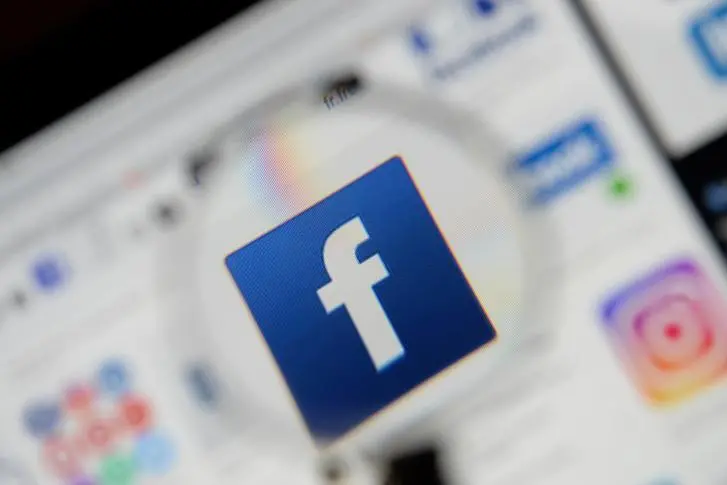PHOTO
(The author is a Reuters Breakingviews columnist. The opinions expressed are his own.)
NEW YORK - It’s a truism that the real news story isn’t the dog biting the man, but vice versa. A proposed U.S. law aimed at helping small media outlets stand up to big technology firms gives new life to the old cliché. The problem is that the market distortions that benefit Big Tech are too entrenched for it to have much effect.
The new bill, reported by Reuters on Friday, would let small media companies bargain collectively with Facebook or Google, the search division of Alphabet, without falling foul of laws that punish collusion. Democratic Representative David Cicilline, one of the sponsors, has proposed a similar bill before. This time, though, technology companies are more politically vulnerable. The siege of the U.S. capitol on Jan. 6 showed the danger of online misinformation, which a well-funded media can help counteract.
A shield like the one the bill would propose is innovative in its application, but not revolutionary. Labor unions already enjoy special treatment under competition rules. And there are two problems. First, the law may help only the very small publications, and collectively they make up just a tiny part of the Big Tech’s business. Even if newspapers could bargain en masse, there’s no guarantee the extra profit will go to fund investigative local news rather than, say, dividends for private owners.
Moreover, the market distortions run much deeper. For a century or more competition regulators have mostly focused on prices and mergers, allowing companies like Facebook and Alphabet to grow with few checks and balances. The two now have a collective market value of nearly $2.2 trillion. Antitrust watchdogs have only recently turned their attention to the clout they wield.
Australia is engaged in a face-off with Facebook over paying media firms a fair price for news. If an entire country can’t push Facebook around, the combined force of America’s local newspapers is unlikely to have much chance. A real shift in the balance of power calls for a new approach to the value of information: who has it, how they got it, and how they use it. That means thinking of user data as a precious asset, like money that depositors stow in banks – and focusing on the headline, not the small print.
CONTEXT NEWS
- Small news organizations could win antitrust exemptions that would let them band together when negotiating with big technology companies, under a plan to be proposed by some U.S. lawmakers, Representative Ken Buck, the top Republican on the House Judiciary Committee’s antitrust panel, told Reuters.
- The bill would be a new version of earlier proposed legislation spearheaded by Democratic Representative David Cicilline in 2018 and 2019, giving a so-called safe harbor to news outlets for four years. Without that protection, media companies that team up can fall foul of antitrust rules.
- Facebook said on Feb. 17 that it would restrict publishers and users in Australia from sharing or seeing local and international news. The social media company disagrees with a government proposal that would effectively make big technology companies pay publishers and broadcasters for content.
- Separately, Google struck a three-year deal with Rupert Murdoch’s News Corp to pay to feature news from the company’s Australian newspapers and others from around the world, including the Wall Street Journal and the Sun in Britain, on its fledgling Google News Showcase service.
(The author is a Reuters Breakingviews columnist. The opinions expressed are his own.)
(Editing by Lauren Silva Laughlin and Amanda Gomez) ((john.foley@thomsonreuters.com; Reuters Messaging: john.foley.thomsonreuters.com@reuters.net))





















